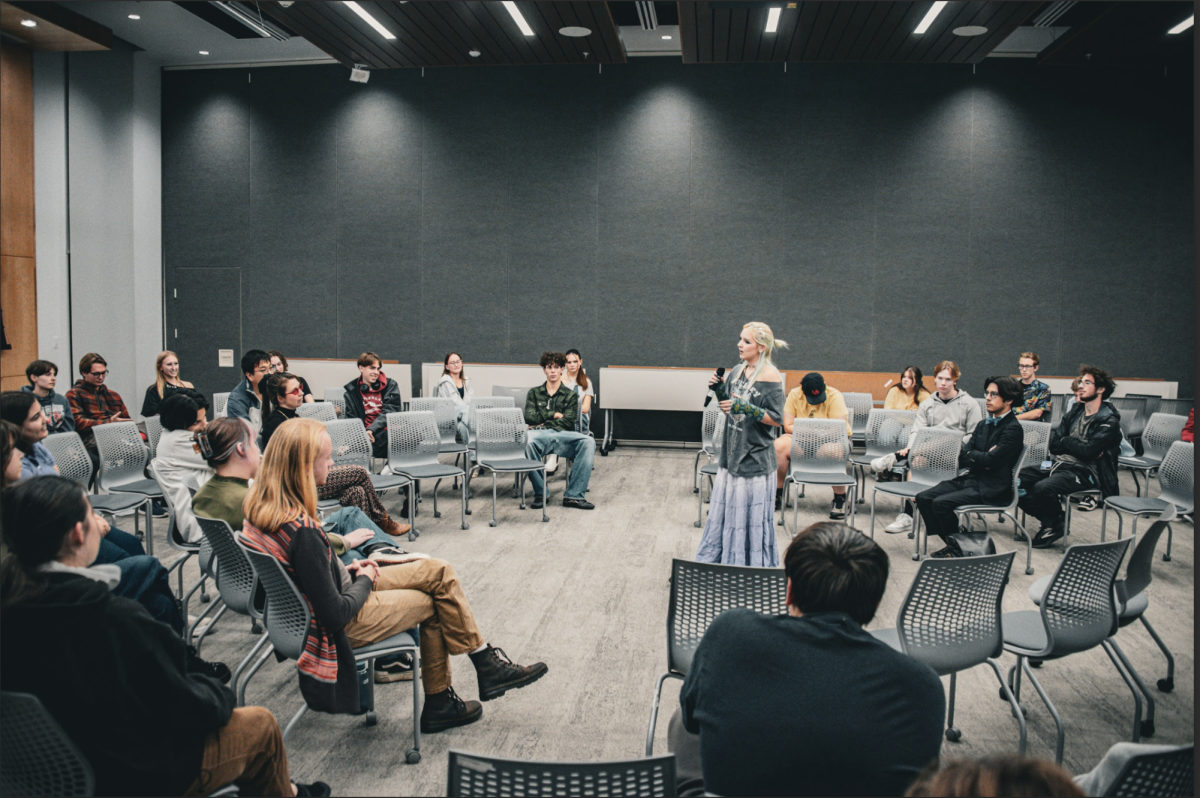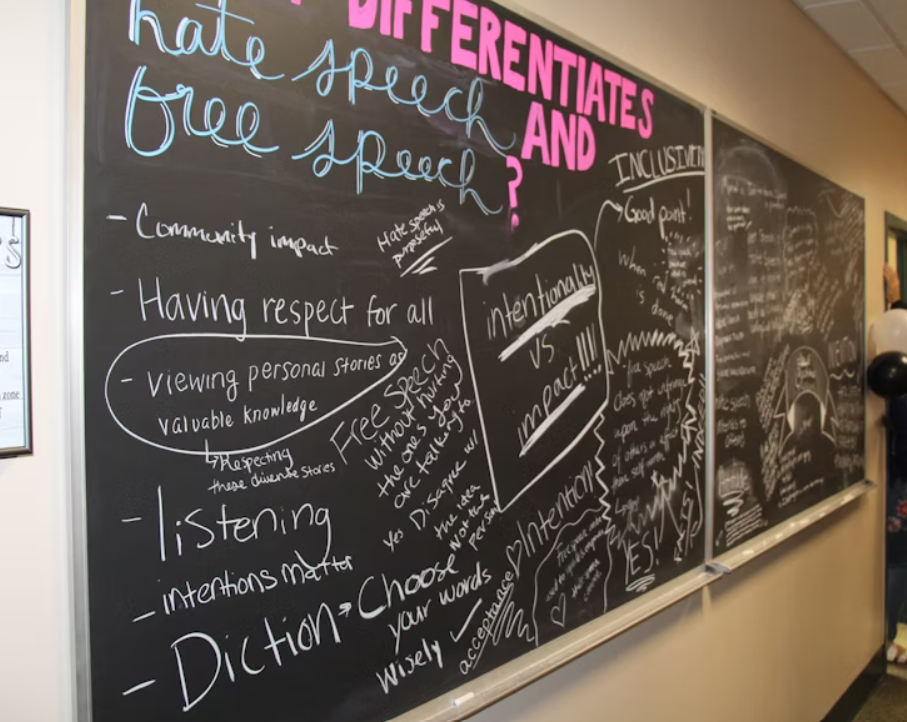Higher education institutions across the nation have increasingly experienced unrest on campus as a result of recent events including the Israel-Hamas War and the 2024 presidential election. This has led many colleges and universities to start or expand programs that foster civil discourse and civic engagement.
“Students are just more cautious in talking about political issues. Even when they disagree, they don’t want to say it,” said Ashley Biser, an associate professor and co-director of the Arneson Institute for Practical Politics and Public Affairs at Ohio Wesleyan University, in an Inside Higher Ed article. “They’re worried about what their peers are going to think of them if they hold an opinion that’s not part of the majority.”
As students wrestle with how to engage those with whom they disagree on contentious topics, campus leaders are working to intensify civil discourse skill building efforts, either through internally developed initiatives or with the help of higher ed serving organizations.
For example, Ohio Wesleyan is launching a new civil discourse certificate program in partnership with the Constructive Dialogue Institute (CDI), an AVDF-grantee. The program blends the use of an online resource, Perspectives, with several in-person workshops where participants practice the skills they’ve learned. The program aims to foster a more inclusive campus climate by equipping participants with tools for constructive dialogue.
While an increasing number of evidence-based resources, such as the Perspectives program, are available, they remain underutilized. As a result, many institutions are either using ineffective interventions or spending valuable time and money creating new resources that are already available.
As a result, Campus Compact, a national nonprofit focused on building civic and community engagement in higher education, developed the AVDF-funded resource “A Guide for Bridging Campus Divides in Challenging Times.” The guide provides access to evidence-based practices, exemplary organizations, and model initiatives, along with tools to align programs with each school’s needs, ultimately making it easier and more cost-effective for institutions to promote civil discourse.
Matt Farley, chief strategy and operations officer for Campus Compact, explained the need for more civil discourse guidance on campus in the Inside Higher Ed feature.
“People feel more underprepared than we expected them to be. There’s a clear call for more training for faculty, staff, administrators and certainly students,” he said. “We also heard a lot about fear. People were more afraid than normal to engage in the conversations because of fear of losing their job or external critique.”
To read the full feature published in Inside Higher Ed, click here.
Back to all Stories


